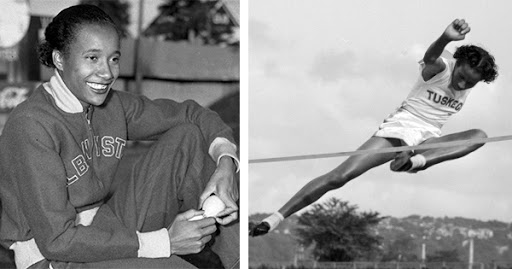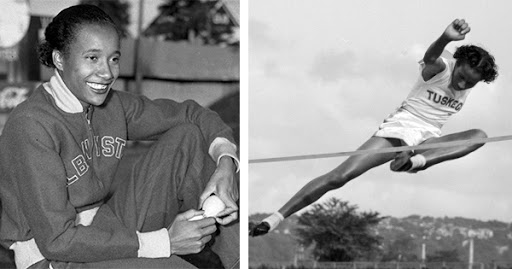September 1, 2023
Remembering sports ancestors who broke color barriers and overcame hate

The ‘American Pastime” brought brutal results to Jackie Robinson and other African American professional baseball players
Photo by Steshka Willems on Pexels.com
Often, reviewing the hatred and violence suffered by African American ancestors, are tough matters to endure and often neglected in history books. Yet, the examples of persevering despite the sad circumstances, can spur on genealogy and ancestry researchers to compare and contrast the past with today’s societal practices.
Good Genes Genealogy Tip: Interview your family members about their sports histories. Some may share the good and also the unhappy times that they or their parents may have endured. Learn how they survived the taunts and personal risks to their families and themselves.
Overcomer Robinson
He broke the color barrier in United States’ Major League Baseball. Jackie Robinson did it all, including suffering physical and verbal wounds from his colleagues:
Robinson nonetheless became the target of rough physical play by opponents (particularly the Cardinals). At one time, he received a seven-inch gash in his leg from Enos Slaughter.[135] On April 22, 1947, during a game between the Dodgers and the Philadelphia Phillies, Phillies players and manager Ben Chapman called Robinson a “nigger” from their dugout and yelled that he should “go back to the cotton fields”.[136] Rickey later recalled that Chapman “did more than anybody to unite the Dodgers. When he poured out that string of unconscionable abuse, he solidified and united thirty men.”[137]
https://en.wikipedia.org/wiki/Jackie_Robinson
Overcomer Coachman

On her first attempt in the high jump during the International Olympics Games in 1948, Albany, Georgia native Alice Coachman won the gold medal. She became the first African American of any country to win a gold medal. Despite her instant fame and large celebrations back home in the United States, her hometown leaders treated her differently:
Yet these latter celebrations occurred in the segregated South. In the Albany auditorium, where she was honored, whites and African Americans had to sit separately. The white mayor of Albany sat on the stage with Coachman but refused to shake her hand. She had to leave her own celebration by a side door.
https://www.womenshistory.org/education-resources/biographies/alice-coachman
Overcomer O’Ree

Willie Eldon O’Ree was a youth when he met Jackie Robinson. It helped to inspire O’Ree to pursue his sports passion and became the first African American to join the National Hockey League in 1958. He continues to speak positively about his experiences as a hockey player. Yet, O’Ree suffered many indignities by his fellow league members and fans before retiring in the late 1970s:
O’Ree faced racial taunts throughout his hockey career, including in the NHL, especially in the United States. [11] He noted that racist remarks were much worse in the U.S. cities than in Toronto and Montreal, the two Canadian cities hosting NHL teams at the time, and that “Fans would yell, ‘Go back to the South‘ and ‘How come you’re not picking cotton?’ Things like that. It didn’t bother me. I just wanted to be a hockey player, and if they couldn’t accept that fact, that was their problem, not mine.”[12]
https://en.wikipedia.org/wiki/Willie_O%27Ree

